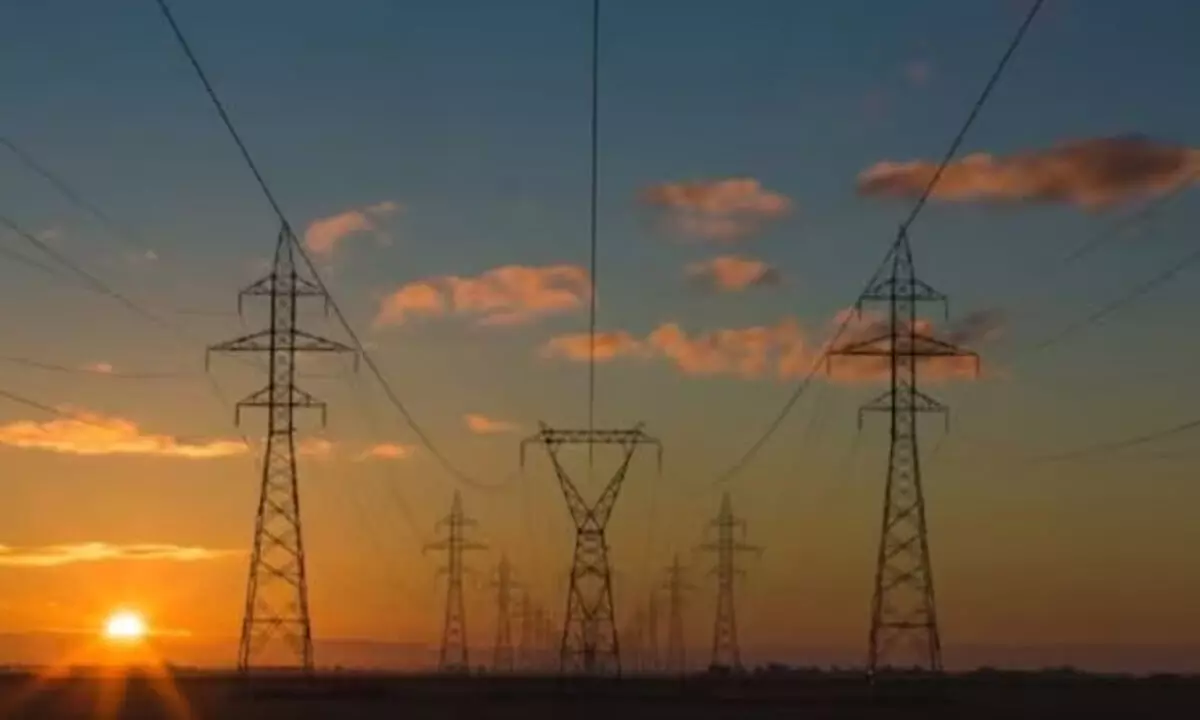UPA policy paralysis crippled power, telecom sectors: White Paper
Share :

The White Paper slams the erstwhile UPA government for the policy paralysis that resulted in large scale power shortages in the country and a 10-year setback for the telecom sector.
New Delhi: The White Paper slams the erstwhile UPA government for the policy paralysis that resulted in large scale power shortages in the country and a 10-year setback for the telecom sector.
"The UPA government will always be remembered for the largest power outage in our history, in July 2012, leaving 62 crore people in darkness and putting national security at risk," the paper states.
Such darkness engulfed the nation, even as more than 24,000 MW of generation capacity lay idle due to a lack of fuels like coal and gas.
The entire sector reached a vicious cycle of inaction and policy paralysis with surplus generation capacity and massive unutilised investments at one end while large power cuts for the consumer on the other end, it asserts.
"When our government came to power in 2014, as many as two-thirds of coal-based power plants (66 out of 100 coal plants tracked by Central Electricity Authority) had critical coal stocks, meaning less than seven days of coal stock. This uncertainty was aggravating the overall power shortage. Villages used to get electricity for about 12 hours a day. Farmers used to get for a much lesser duration, thereby not being able to irrigate their crops. The inter-regional transmission lines were also highly inadequate," the White Paper states.
It also points out that the electricity shortages under the UPA government were repeatedly pointed out by international agencies. In its World Development Report 2008, the World Bank noted: "With 55-60 per cent of India's irrigated land supplied by groundwater, electricity for tubewell pumps is an important input… the quality of service is poor because of erratic and limited supply and voltage fluctuations, which can result in crop losses from forgone irrigation and damaged pumping equipment."
The World Bank again noted in Global Economic Prospects, June 2012, "Growth in India was particularly weak due to monetary policy tightening, stalled reforms, electricity shortage which along with fiscal and inflation concerns, cut into investment activity."
The paper asserts that India's telecom sector lost a precious decade due to the 2G scam and policy paralysis.
In the UPA regime, the process of allocation of spectrum lacked transparency and was frequently misused in the years leading up to 2008-09, which resulted in the "2G scam" and started the problems that finally caused a distress situation in the sector.
In the years following 2010, virtually no or little spectrum could be allocated to the operators, leading to a slowing down of the growth of the telecom industry.













